The world's best game devs in their own words
The makers of Half-Life, Bioshock and more reveal just how they do it
You might well remember a heavily-discussed feature we ran last week called The game developers who've never made a bad game which, as the name suggests, covered those rare studios that have never at any point dropped a stinker, despite years in the business. It got a hell of a lot of you talking, but there were nevertheless a few significant voices missing. Namely the devs themselves.
We're now going to remedy that situation by handing this feature over to four of the top people at studios we covered last week, in order to allow them to explain just what it is that they do that makes their games so much fun. Ever wanted to know why Rock Band is such a blast, or how a game like Bioshock even came to exist at all? Read on, friends, read on.
Ken Levine - Creative Director at 2K Boston (formerly Irrational Games)
Signifcant releases: System Shock 2, Freedom Force, Tribes: Vengeance, SWAT 4, Bioshock
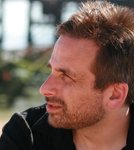
GamesRadar: Is there a golden rule of design at 2K Boston?
Ken Levine: The golden rule of design is to come up with the experience we want the user to have and then iterate until we get it right. I think great games are made from talented people having the opportunity to make mistakes and fix them.
GR: Where do you go about sourcing your talent and what makes a candidate appealing from the 2KB perspective?
KL: The primary thing is that you look for really smart people who fit into the culture. That’s actually more important than any particular experience. We always like people who have worked other places who can bring in new perspectives. But you can find them anywhere; you find them at other great companies, you find them working at mediocre companies. And sometimes you find them working at Gamestop, it can be anywhere.
Sign up to the GamesRadar+ Newsletter
Weekly digests, tales from the communities you love, and more
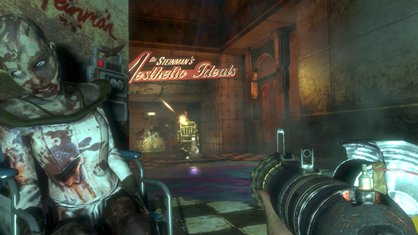
GR: You started out at Looking Glass Studios. A number of Ex-LGS members went on to produce highly successful, acclaimed and innovative titles at other devs such as Irrational, Valve, Harmonix and Ion Storm . What was so special about LGS that it spawned that kind of talent?
KL: Working at Looking Glass was almost like going to game design/game development university more than working at a game development business. Paul Neurath and Ned Lerner created a studio filled with incredibly talented people that were really years ahead of the curve in terms of the games they were making. I can only speak for myself but I was really fortunate to be there at a time when they were really hitting their stride and had amazing people that I could learn from. I also think that, like us, their hiring process was really stringent and they hired really good people, which is why they ended up making so many great products.
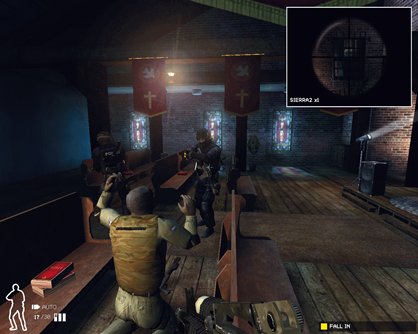
GR: How do you feel 2KB differs from rival studios of a similar profile?
KL: I think we’re willing to, and the company allows us to, take more risks. which is a rare combination, especially as the industry matures and it becomes more risk averse generally. But then you don’t get to make a product like Bioshock unless you as a developer and the publisher are willing to take on a higher risk profile.
Erick Johnson - Product Manager at Valve
Significant releases: Half-Life series, Left 4 Dead, Portal, Team Fortress series

EJ: Even before Half-Life 1 shipped, we tried to look for as many ways as possible to listen to our customers. Back then our most valuable tool was to bring people into the office and watch them play a then-unfinished game.
Now, with Steam, we’re able to get data in real-time about how our customers are using all of our products. Customers are giving us all kinds of data, from the type of hardware they are running to the areas of the game that they having the most difficulty with, and we can ship software to them the next day. Our goal is to function as an entertainment service to our community, and making it as easy as possible for them to give us feedback on how we’re doing is the most useful tool to keep us on the right path.
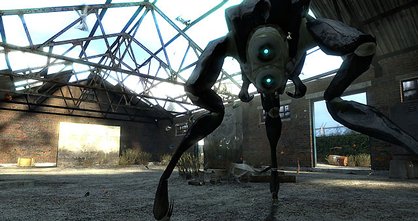
Internally we feel like hiring is the most important thing we do as a company, and virtually all of our decisions are downstream of the people who work here. We don’t hire to meet a specific headcount, or to fill a specific number of positions. We’ll offer a job to anyone who we think can help us make better products and decisions. Most people would say the thing they value the most about working at Valve would be their co-workers, and as long as that stays true then we know we’re headed in the right direction.
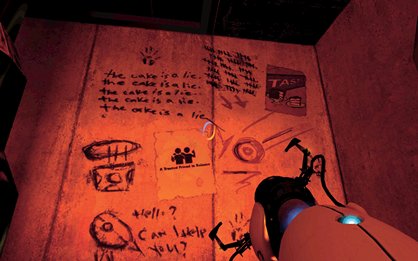
Finally, when we have the tradeoff of increasing product quality versus shipping the product later, we opt to take more time. Looking back at all of the products that we’ve made this call on, it always seems to have been the right decision. Getting a product out the door early is generally the result of listening to someone other than your actual customers.



